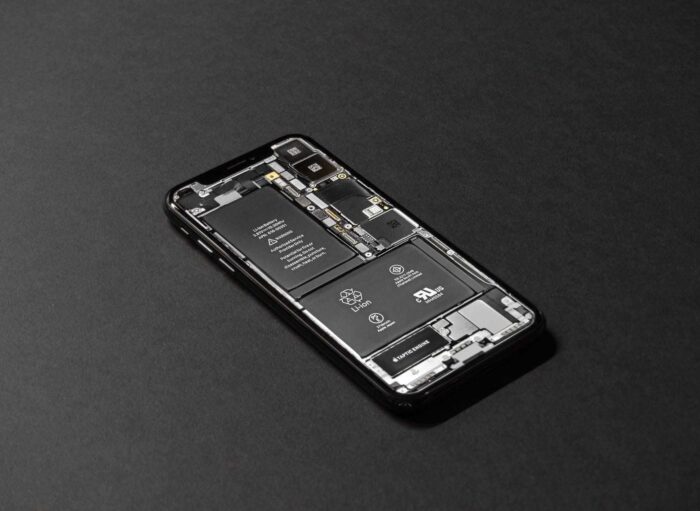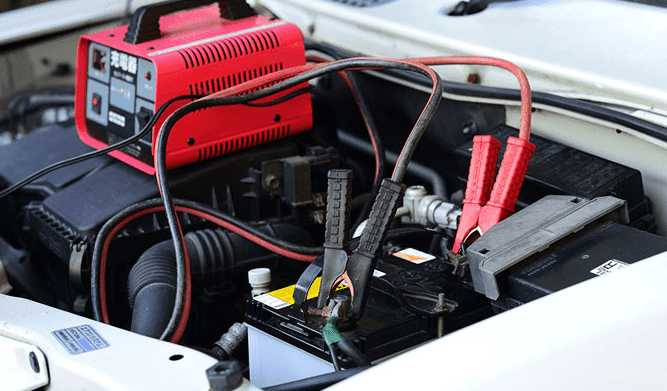
batteries
Getting and managing a new battery can be a tedious task. If not used properly, batteries may malfunction or behave in an unanticipated way. This can cause a lot of users for the user and may sometimes even cause a lot of trouble. It is always a wise decision to know about your batteries and their requirements so you can take proper measures in ensuring a smooth battery life without any hassle.
In this article we will specifically be concentrating on deep cycle batteries and talking about the different measures you can take to ensure proper functioning and use. But before we discuss the measures you need to follow for perfect battery life of your deep cycle battery, it is important that we talk a bit about deep cycle batteries and how they are different from car batteries.
Understanding your battery is the first step for caring about your battery. So in day to day life, you may come across different types of batteries that perform different functions. It is very likely that you use a deep cycle battery almost daily for some reason or the other.
Batteries can be broadly classified into two classes depending on the type of build and the performance to expect of them. The different types of batteries that you may encounter on a daily basis are: deep cycle batteries and cranking or starting batteries.
Deep cycle batteries are designed in a way that they are able to provide a steady source of electricity over a longer period of time. They are called deep cycle batteries due to the ability of the batteries to be able to perform even after being thoroughly depleted. Under normal conditions, you can expect a deep cycle battery to be able to be discharged by upto 80% before the battery becomes unusable and requires charging.
Even though batteries can be discharged upto 80%, it is not recommended and can in fact damage the battery over a long period of time. Sulfation is one of the major factors that ruin deep cycle batteries and we will talk about them in detail in a while.
How is a deep cycle battery different from a car battery?
Car batteries, or cranking batteries are designed to provide high jolts of electricity over shorter periods of time. Car batteries do not have to worry about capacity as the engine starts recharging the battery immediately once it is up and running.
However, cranking batteries have an edge over deep cycle batteries when we consider the possible output current. Deep cycle batteries cannot provide high currents as cranking batteries over a long period of time but that is alright as most of the electronics, which group 27 deep cycle batteries are meant to power, do not require a lot of current anyway.
Ampere Hours
If you know a bit about car batteries, you probably know about CCA and RC. They are the measures of the cranking power and the time the battery can crank and engine respectively. However, the case is very different when we talk about deep cycle batteries.
The capacity of deep cycle batteries is measured in a unit called ampere hours or amp hours in short. The amp hour rating of a battery is directly a unit representing the amount of charge stored in the battery.
For example, let us consider a 100Ah battery(which is a very generic and common rating for deep cycle batteries). Now, this battery can power a source that draws 5A for almost 20 hours. However, that is a theoretical estimate and rela life values may be lower so let’s just say 15hours just to be safe.
You must have used a deep cycle battery in some place or the other at some point in your life. These days, different types of deep cycle batteries are available for you to buy. Each of these have different prices and maintenance needs.
The cheapest batteries are probably the traditional batteries that consist of a liquid acid based electrolyte that needs to be removed from time to time and replaced with proper fluid. The most commonly used batteries are probably AGM batteries due to their good price to performance ratio. They have a glass mat that contains the electrolyte and so they are pretty durable and maintenance free.
Other types of batteries include Gel and Li-Ion batteries. They also provide the same functionality as AGM batteries(more or less) buit are normally pricier. However, they have great recharge time and are comparatively lightweight.
What is Sulfation?
Batteries run as a result of chemical processes. Due to the chemical process, the remainder of discharging is a substance that settles on the plates and avoids further reaction. This process is called sulfation. It is often temporary and can be removed by charging the battery regularly.
However, in some cases, if batteries are left discharged for a long time, the sulfation can become permanent, damaging the battery in the process.

Car Batteries
Summary
To summarize, here are the points you should keep in mind to take proper care of your deep cycle battery.
- Always keep the battery charged to avoid sulfation.
- Do not overcharge the battery. Use proper battery monitors for charging.
- Do not expose your battery to unfavourable conditions such as extreme temperatures or high pressure.
- Regularly check the battery level and make sure the battery retains a good amount of charge on full charging.
- If your battery is the traditional type, replace the electrolyte from time to time.
- When in doubt, do not hesitate to consult a professional.
FAQs
1. How long will my deep cycle battery last?
Ans: This depends on the capacity of your batteries and the type of applications you’re using the battery for.
2. What do Amp Hours mean in a deep cycle battery?
Ans: Amp hour is the unit of measuring the capacity of a deep cycle battery. Batteries with higher Ah ratings last longer.
3. What voltage should a deep cycle battery read?
And: The ideal value for a deep cycle battery is about 12.8V for a generic 12V battery. Normally, anything over 11.5 V is acceptable.
Conclusion
In this article we have talked about the different things you must know to take care of a deep cycle battery and have also discussed some points about how to take care of your deep cycle battery. We hope you found the article informative.






You must be logged in to post a comment.